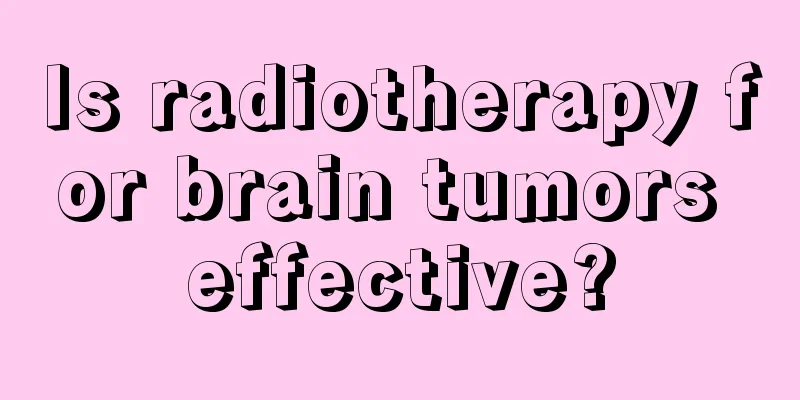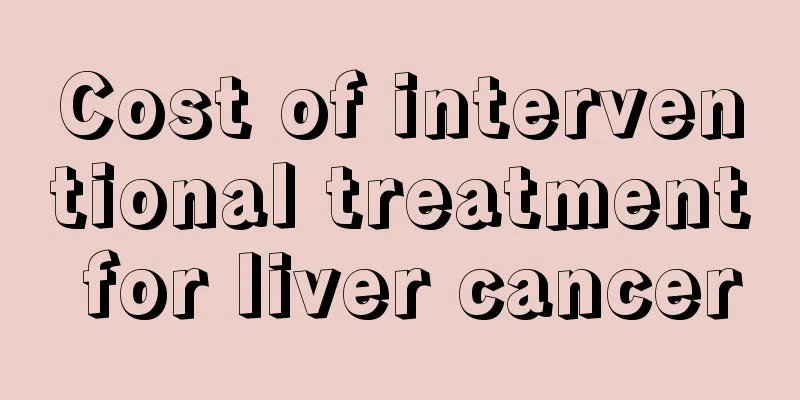What is the function of a temporary cardiac pacemaker

|
Everyone knows that there are two types of pacemakers: temporary and permanent. However, compared with permanent pacemakers, people know less about temporary pacemakers. This is related to the fact that its clinical application is not as extensive as permanent pacemakers. Some friends don’t even know what kind of diseases require temporary pacemakers, let alone understand what role temporary pacemakers play. There are two main indications for temporary pacemaker placement: emergency (usually acute myocardial infarction) or elective pacing. However, there is no consensus on the indications for temporary pacemaker implantation. Most opinions come from clinical experience rather than clinical trials. Many patients have bradycardia, and protective supportive care and treatment of the cause are the most appropriate management strategies. effect Temporary pacemaker placement should be considered in any patient with acute hemodynamic changes caused by bradycardia and/or transient asystole. For most patients, this is likely to occur during an acute MI; anterior MI with complete AV block usually indicates a poor prognosis and the need for pacing, whereas inferior MI with complete AV block is usually reversible, has a narrow QRS complex, and responds to atropine. The American College of Cardiology (AHA) guidelines for the management of acute myocardial infarction provide a classification of indications based on the weight of the benefits of pacemaker implantation rather than the site of infarction. The indications for emergency temporary transvenous pacing are: acute myocardial infarction, cardiac arrest, symptomatic bradycardia (sinus bradycardia with hypotension, type II atrioventricular block with hypotension, unresponsive to atropine), bifascicular block (BBB or RBBB with LAHB/LPHB), type II atrioventricular block, new or age-indeterminate bifascicular block with type I atrioventricular block, bradycardia not associated with acute myocardial infarction, type II atrioventricular block or type III atrioventricular block with hemodynamic changes or syncope at rest, and ventricular tachycardia secondary to bradycardia. During thrombolytic therapy, the occurrence of bradycardia often presents a dilemma: should thrombolytic therapy be started before or after the installation of temporary pacing? Thrombolytic therapy should be initiated first and should not be delayed until temporary pacing is installed. If bradycardia does not respond to medical therapy (eg, atropine, isoproterenol), a temporary pacemaker should be installed in preparation for thrombolytic therapy. If hemodynamically significant bradycardia persists after initiation of thrombolytic therapy, a temporary pacemaker should be installed. I believe that through the analysis in this article you must know what the temporary pacemaker does. In fact, in addition to the above-mentioned situations, the temporary pacemaker can also be used for some situations such as slow heartbeat caused by trauma. The temporary pacemaker can be removed after the dangerous period of the disease has passed. |
<<: How to clean blood stains on clothes
>>: What diseases does abnormal heartbeat indicate
Recommend
What should I do if my lips are getting thicker
Everyone has different aesthetic tastes. Some peo...
How to effectively treat pharyngeal spasm
How to treat pharyngeal spasm? First of all, we s...
Can I drink beer after eating bananas
Banana is a very common fruit in our lives. It is...
How to remove the smell in the toilet
The toilet is a place we use frequently in our da...
Is drinking soup with meals good for the stomach?
Food is necessary to sustain people's lives, ...
What other factors in life are the causes of cardia cancer
The occurrence of cardia cancer will have serious...
What happens if you eat too much MSG? Six harmful effects revealed
MSG is a condiment that is used in large quantiti...
A comprehensive list of reasons for growing canine teeth
Many people have canines on both sides of their t...
How to clean tea stains from purple clay cups
It is a pleasure to drink tea with purple clay te...
What are the dangers of advanced colorectal cancer
Once we find cancer or a tumor in the disease, we...
How to relax when you are too tired at work?
The current pace of life and work is much faster ...
In which cases should uterine cancer examination be done? 4 cases must be screened for uterine cancer
Uterine cancer is a disease of the female reprodu...
What are the common symptoms of kidney cancer?
The incidence of kidney cancer has always been hi...
What are the benign symptoms of nasopharyngeal carcinoma
Benign symptoms of nasopharyngeal carcinoma inclu...
What are the common methods for checking melanoma
The early symptoms of melanoma are not very obvio...









